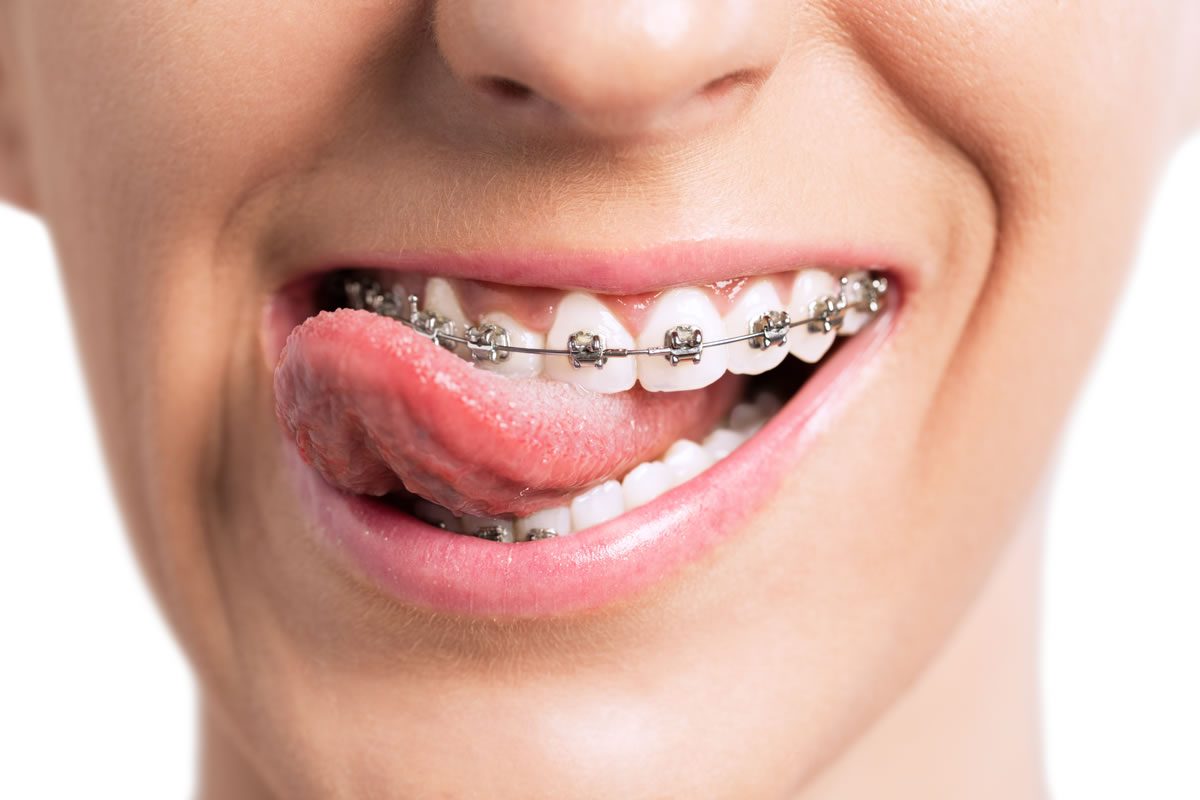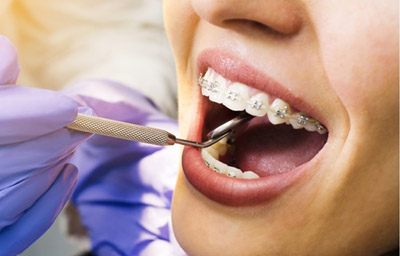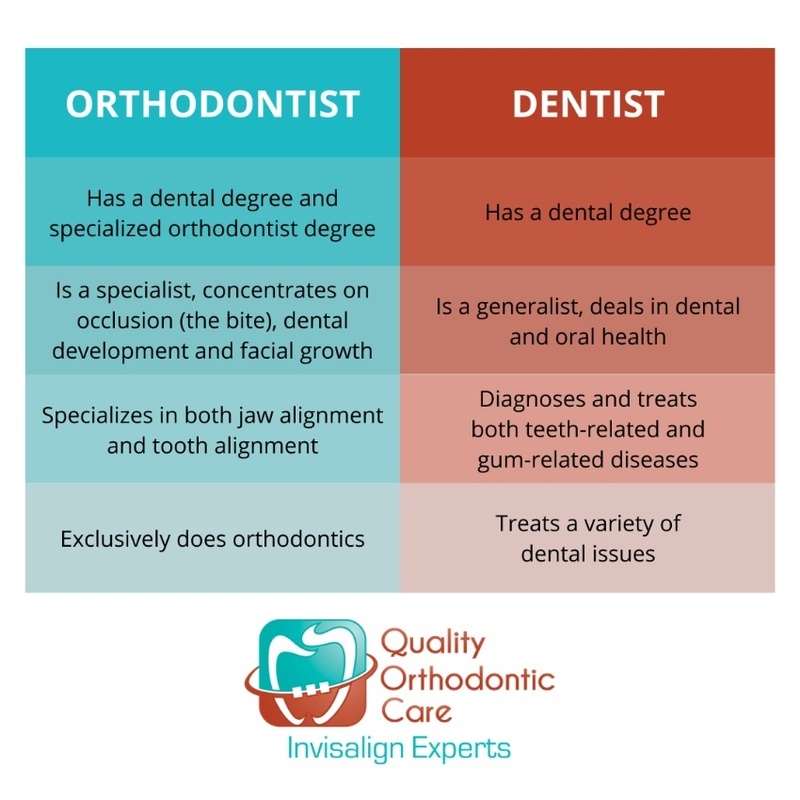Everything about Causey Orthodontics
Everything about Causey Orthodontics
Blog Article
Excitement About Causey Orthodontics
Table of ContentsNot known Facts About Causey OrthodonticsSome Ideas on Causey Orthodontics You Need To KnowThe Of Causey OrthodonticsThe Buzz on Causey Orthodontics8 Simple Techniques For Causey OrthodonticsAll About Causey OrthodonticsSome Ideas on Causey Orthodontics You Should Know
What is the difference between a dentist and an orthodontist? To respond to a question that is commonly asked, both dental professionals and orthodontists help patients acquire far better oral wellness, albeit in various means. It assists to keep in mind that dental care is a rather broad scientific research with various clinical specializations. All dental experts, consisting of orthodontists, deal with the teeth, periodontals, jaw and nerves.
You can assume of both medical professionals that deal with gum tissue and teeth issues. The major difference is that becoming an orthodontist requires a particular specialized in dealing with the imbalance of the teeth and jaw.
The 30-Second Trick For Causey Orthodontics
An orthodontist is a dentist that has undergone training to specialize in the medical diagnosis, avoidance and treatment of irregularities in the jaw and teeth. They can additionally identify prospective problems in teeth placement that might establish when problems are left unattended (orthodontist services).
This includes all the necessary education and learning to come to be a general dental expert. According to the American Student Dental Association (ASDA), it indicates you will need to have either a Doctor of Medicine in Dental Care (DMD) or a Physician of Dental Surgical Treatment (DDS). Simply put, orthodontists require to finish dental school and after that get an orthodontics specialty education and learning.
Some orthodontists likewise obtain their masters in craniofacial biology. These programs focus on 2 details locations or self-controls: Dentofacial Orthopedics: This research study concentrates on assisting teeth and jaw advancement.
Our Causey Orthodontics Statements

 These include apparatus such as dental braces, retainers and Invisalign. So, what does an orthodontist do, and what do they concentrate on? The general goal of an orthodontist is to boost an individual's bite. Not every person is birthed with straight teeth, and an orthodontist will certainly guarantee that patients get equally spaced straight teeth.
These include apparatus such as dental braces, retainers and Invisalign. So, what does an orthodontist do, and what do they concentrate on? The general goal of an orthodontist is to boost an individual's bite. Not every person is birthed with straight teeth, and an orthodontist will certainly guarantee that patients get equally spaced straight teeth.
The 7-Second Trick For Causey Orthodontics
The American Association of Orthodontists advises your first check up by age 7. You'll require to see your orthodontist if you have an imbalance in your teeth, additionally understood as malocclusion. If you see uneven bite patterns, a slightly irregular jaw, or when your teeth are chock-full, you will likely need orthodontic treatment.
In addition, we use flexible treatment timetables, adaptable settlement choices and a fun, satisfying experience.
An orthodontist is a dental professional educated to identify, avoid, and treat teeth and jaw irregularities. Orthodontists function with individuals of all ages, from children to adults (https://citypages.pro/local-health-medical/usa/ga/gainesville/30501/causey-orthodontics-154643).
Causey Orthodontics Can Be Fun For Anyone
Malocclusion, or misaligned teeth, can result in oral issues, including dental cavity, gum tissue illness, and hard or uncomfortable eating. Not every person is born with straight teeth. If you have a bad bite or large rooms between your teeth, you may wish to speak with a dental professional focusing on orthodontic care.
(Picture Credit Report: DigitalVision/Getty Images) Orthodontists use dealt with and detachable oral devices, like braces, retainers, and bands, to change the setting of teeth in your mouth. Orthodontic therapy is for dental abnormalities, consisting of: Misaligned teethBite troubles, like an overbite or an underbiteCrowded teeth or teeth that are too much apartJaw misalignmentThe goal of orthodontic treatment is to improve your bite.
All About Causey Orthodontics

, but not all dental professionals are orthodontists. They concentrate on two areas: Just how to effectively and safely move teeth Exactly how to appropriately lead development in the teeth, jaw, and faceOnce an orthodontist has finished training, they have the alternative to end up being board certified.
Malocclusion leads to tooth overcrowding, an askew jaw, or irregular bite patterns. Malocclusion is usually treated with: Your orthodontist connects metal, ceramic, or plastic square bonds to your teeth.
See This Report on Causey Orthodontics
If you have just minor malocclusion, you may be able to use clear braces, called aligners, rather of conventional braces. Some people need a headgear to aid relocate teeth right into line with pressure from outside the mouth. After dental braces or aligners, you'll need to put on a retainer. A retainer is a customized tool that keeps your teeth in place.
Report this page